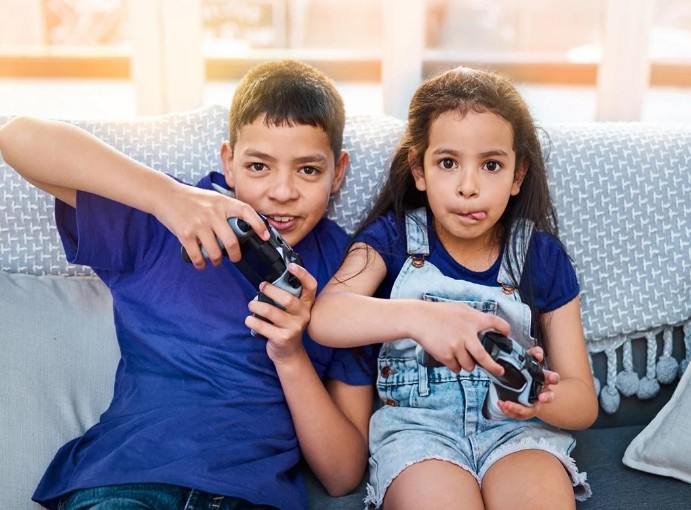by Mahwish Mahil
Discrimination and prejudice are learned behaviours. No one is born a racist or a sexist – these behaviours are learned within our environments. The important thing is that we can unlearn them.
WE ARE ALL IN THIS TOGETHER
Issues as big as social problems or social movements require people power. It may start with a single person speaking out and getting support from others, and a collection of people—a community—is formed to fight against the injustices in our society.
Be the change we wish to seek. We live in an era where many people are on social media. We can use that as a platform to raise awareness, protest, and be vocal. Chances are others experience and feel the same way about the injustices occurring all around us. Collective effort is required to tackle big social issues like police brutality and genocide.
Fighting against inequalities may seem impossible but when we apply sociological imagination, the ability to see the personal issues we experience as also present in the public sphere fosters unity. We can share a common vision and help oppressed individuals see a reality where equality can exist and how to achieve it. The issue arises when we begin to perceive inequalities as a "given" or an unstoppable, unchangeable norm. When that happens, we are less inclined to fight against these inequalities. However, they are not a given. We can eradicate them, but it will take relentless effort by a community of people.
By observing the past (and present) struggles against inequalities, with their wins and losses, we can learn/unlearn things. We learn that the inequalities and unbalanced power dynamics are stoppable.
Change and fighting against inequalities have been done before (e.g., civil and women’s rights) and can be done now and in the future through the collective power of the people persisting for justice.
“#SayHerName” – African American Policy Forum (AAPF) and Center for Intersectionality and Social Policy Studies (CISPS)
Say Her Name was created by the AAPF and CISPS to seek justice and awareness for Black women impacted by police brutality and violence. Breonna Taylor, Shantel Davis, Kayla Moore—the list of names of Black women murdered by police is endless.
They may be gone but the fight against discrimination continues for them and those who experience it daily. The power of social movements and collective power is paramount. Building a relentless counter-power to the dominant one is the only way change and equality will overcome disparities. Society emphasizes individualism (the focus on self-interest). However, collective efforts are necessary for social change and equality to emerge. By producing a collective conscience, it stops becoming a “me” problem. Instead, it becomes an “us” or collective problem that everyone comes together to tackle. Individually, these issues will remain unchanged. But as a motivated group desiring change and an equal society, it is possible. Persistence is key.
CELEBRATE THE SMALL (AND BIG) WINS TOO;
THE MEANING OF AN ALLY
Inequalities still exist but look at what society and people have achieved—legalization of same-sex marriages, women’s rights, and more! So, celebrate the small (and big) victories because they highlight progress. But remember, just as inequalities persist, we must also persist.
Speak up.
Being a silent ally will do nothing to support marginalized groups or fight against oppressive systems. Think about what we accomplish by being silent. Solidarity holds power. Educating ourselves and those around us is essential to understanding what people are fighting for. If you are shy, think about other ways you can help and support the fight against inequalities. Be it through social media reposting, educating yourself, or providing a space for people to speak their truth and share their stories—find what works and be an ally.
Remember, ally is a verb.

What are the pros and cons of playing video games on mental wellness?
Read Article
Magik Moments Joins MFFS at CNOY 2025! Magik Moments, a Photo Booth Rental in Vancouver will be at this year's Coldest Night of the Year 2025 to capture the fun and memories with their photo booth available throughout the evening from 4pm to 7pm!
Read Article
After many months of poor weather, the climate in Vancouver is finally starting to improve.
Read Article